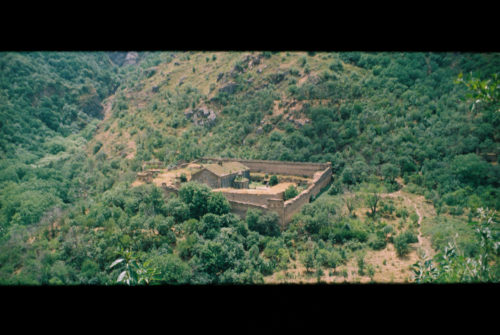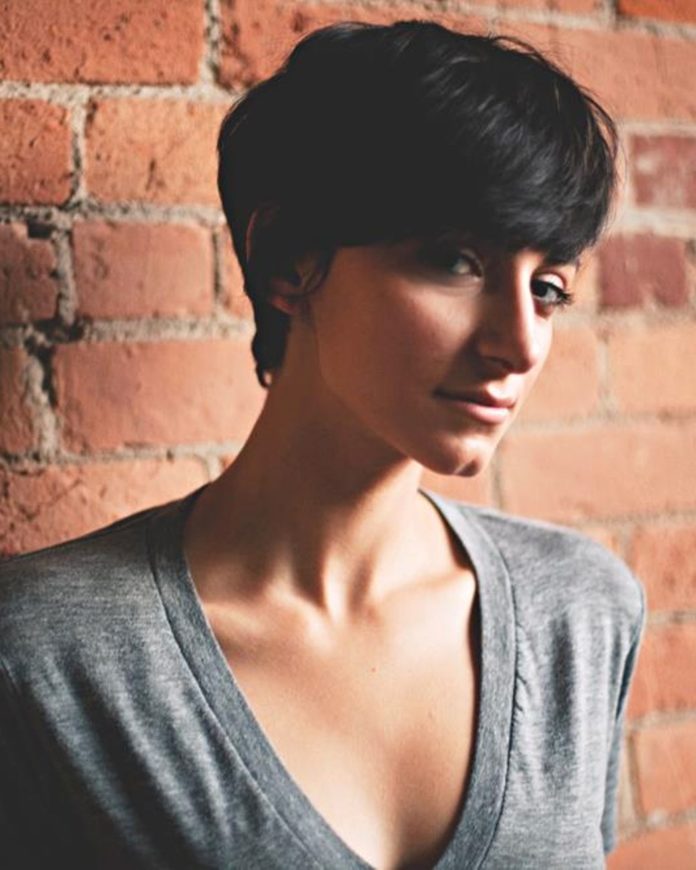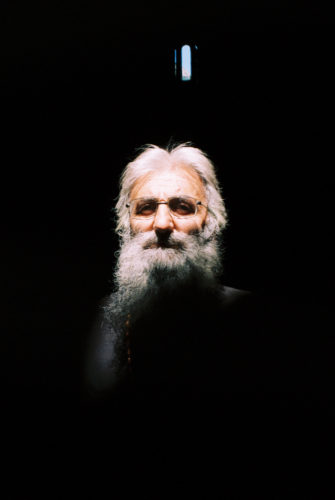DETROIT — A good filmmaker must be someone who offers a different perspective of the world. The power of observation — of color, light, movement and sound — and knowing the emotions these evoke, must be harnessed to reproduce these aspects of life on screen. Standing back from the world and watching it, learning about it — but not necessarily being a part of it — is one way to become such an observer. In a way, watching the world as a filmmaker is not unlike watching the world as a monk.
Oksana Mirzoyan is an independent filmmaker born in Baku whose family fled to the US and settled in Detroit when she was young. She has always been drawn to monasticism. At 18, she wanted to run away to a Buddhist monastery in Tibet. Now the perceptive artist has chosen to explore the ascetic tradition of her Armenian forebears in a new short film.

A Providential Encounter
Mirzoyan has been working on a larger film, to be titled “Abysm,” which will tell a fictional narrative tied into the Karabakh conflict. In the film, she planned to have two young soldiers take refuge with a monk at an abandoned monastery. But she needed to find a location to film the scenes.
The filmmaker chose Tatevi Anabad, “The Great Hermitage of Tatev,” not to be confused with its much more famous neighbor, the ninth-century Tatevi Vank “Monastery of Tatev.”
Tatevi Anabad is a now-abandoned complex built in 1608-1613 and abandoned just 45 years later. The short-lived monastic community was not sustainable due to earthquakes and floods in the valley of the Vorotan River where it is built. Its inaccessible location and overgrown appearance made it ideal for Mirzoyan’s film.









